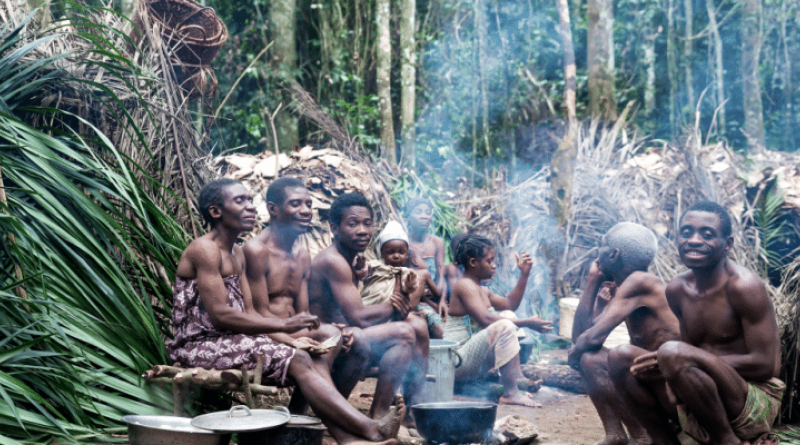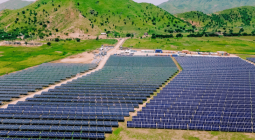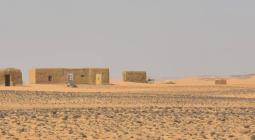The Dja Faunal Reserve in Cameroon: between natural wealth and community challenges

Located in the lush forest of the Congo Basin, the Dja Faunal Reserve (RFD) in south-east Cameroon is a vital ecological enclave shared between the administrative regions of East (80%) and South (20%). Since it was established in 1950, the reserve has played a vital role in conserving local biodiversity, while at the same time confronting young people with a growing rural exodus. However, infrastructure challenges and conservation projects promise to transform the future of this emblematic region.
Despite its ecological wealth, the Dja Biosphere Reserve is facing a marked rural exodus among young people. Despite our studies, these people are unable to find “opportunities in rural areas”. To reverse this trend, non-governmental organisations (NGOs) could train us in areas such as ecotourism, species inventories and cash crop farming,” explains Fabrice Holéa, a resident of the village of Shouam.
The communities of Shouam and the Baka camp of Yene, located on the other side of the Dja river, are doubly affected by their geographical isolation. This region, known as the Dja loop, suffers from a crucial lack of infrastructure such as health centres and telecommunications networks, making it difficult to sell local produce.
“The development of infrastructure in the buffer and transition zones of the biosphere reserve is essential to attracting more visitors, thereby benefiting local populations and conservation efforts,” acknowledges Mohamadou, deputy director of protected areas at Cameroon’s Ministry of Forests and Wildlife.
The reserve’s curator, Gilbert Oum Ndjock, deplores the lack of funding, which limits surveillance patrols to just eight a month for the four control units. “At present, each patrol costs between 600,000 and 650,000 CFA francs (991 euros), which is not enough to ensure effective surveillance,” he adds.
Towards €2 million in EU funding
To make up for this lack of resources, ambitious conservation projects are planned for the reserve. These include a project funded by the European Union (EU) to the tune of €2 million over four years (2024-2028) to strengthen the role of local communities and indigenous peoples in the management of World Heritage sites in Cameroon. The project includes the preservation of indigenous knowledge through the Congo Basin Institute’s School of Indigenous and Local Knowledge (SILK) approach and support for the Baka Dream festival, which promotes the ancestral traditions of the Baka pygmies.
The SILK approach involves preserving the indigenous and local knowledge of the Congo Basin rainforest. This involves collecting and archiving traditional Baka cultural expressions, setting up a village documentation centre and promoting cultural exchanges with other Baka villages.
The Baka people, hunter-gatherers from Central Africa, have lived in tropical forests for thousands of years. They have a profound knowledge of the forest, which provides them with food, shelter and traditional medicines. Their rich culture reflects the biodiversity of their environment. The Baka pass on their ecological knowledge through song, stories and traditional medicine. However, their traditional way of life is under threat, with many forced to settle in roadside settlements.





